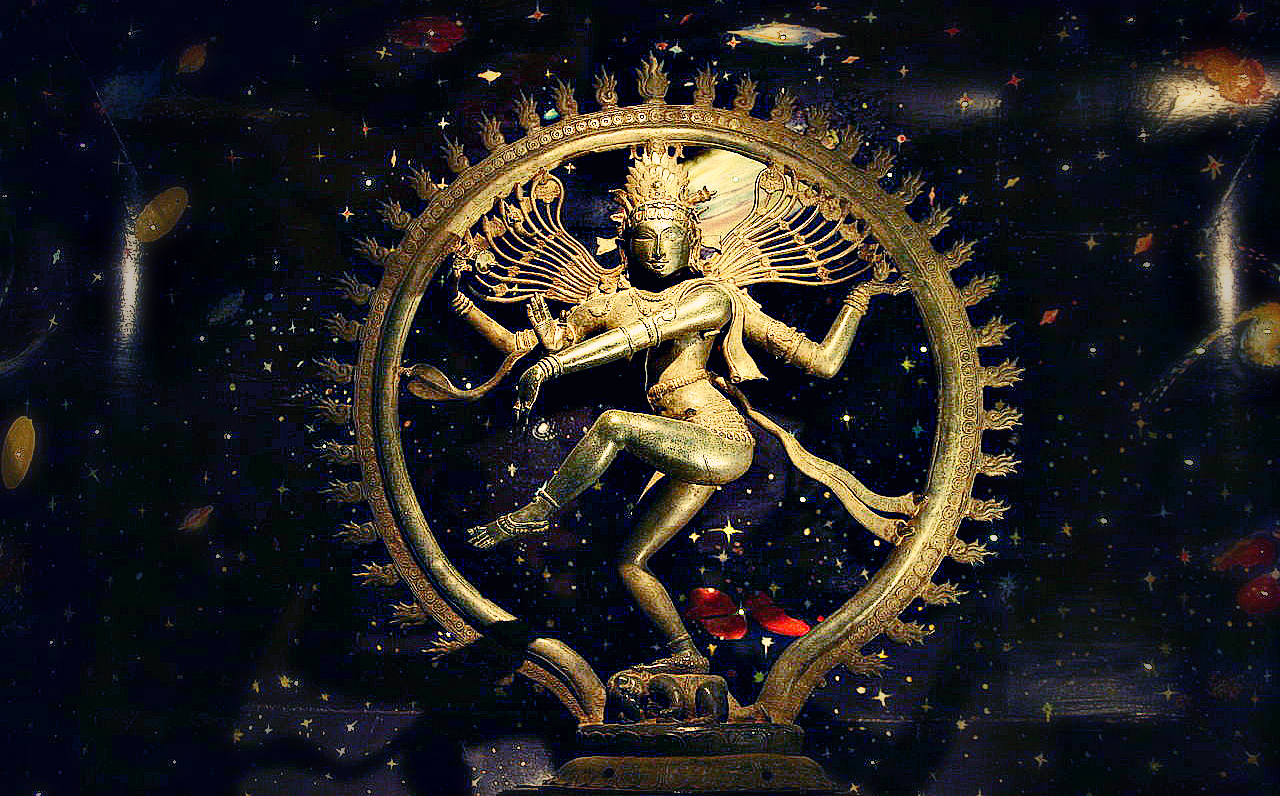INTRODUCTION TO SAIVISM AN UNIVERSAL TRUTH - PART 1
THE word Hinduism is a common name which denotes many Indian religions, including Saivism. It is not a religion by itself. Saivism or Saiva religion is the dominant religion of the Hindu fold.

Saiva Siddhanta (Saiva Siththaantham in Tamil) is the philosophy of Saiva religion which considers Lord Siva as its primary deity. Siddhanta means the final conclusion (reached after taking into consideration all other important views). It is the popular philosophical system of the Tamils of South India, based on Saiva Agamas, Upanishds, ancient Tamil works, Thirumurais and Meykanda Sastra works.
Who am I? Is there a God? What are the natures of God, Soul and the cosmos? What is my relationship with God and the worldly things? What is the reason for happenings in life over which one has no control? Such questions often arise in any philosophical system. Saiva Siddhanta gives plausible answers and explanations to them.
Eternal Entities
Saiva Siddhanta believes in the three eternal entities of God, Soul and Bondage (materials of bondage). These are called Pati, Pasu and Pasam respectively in Siddhanta philosophy. Pati means Lord (of the souls) who is God. Pasam means bondage. Pasu means that which is under bondage. All things known and perceived are included in these three categories.
According to Saiva Siddhanta God is one, Souls are many and Pasam consists of three impurities (malams) called Anava (anavam), Karma (kanmam) and Maya (mayai). Like Pati who is real and eternal, Pasu and Pasam are also real and eternal.
Existence of God and other eternal entities is established by various epistemological means. Logical arguments, based on sense perception, inference and scripture are important means of proving their existence.
Anything that has a beginning, existence and decay is made by someone. It has a maker. Our physical body including the mental and psychological equipments, the world and the worldly things had a beginning. They exist for a certain period of time and then decay. They, therefore, have a maker who is God. Existence of God is thus established by inference. The existence of other entities is also established similarly by various means.
Saiva Siddhanta believes in the three eternal entities of God, Soul and Bondage (materials of bondage). These are called Pati, Pasu and Pasam respectively in Siddhanta philosophy. Pati means Lord (of the souls) who is God. Pasam means bondage. Pasu means that which is under bondage. All things known and perceived are included in these three categories.
To be continued....
I have know the to be called Lord Shiva..but I believe we are talking about the same deity. I have been researching more recently...great post..welcome to steem
Hi @thebookofuma thanks... Lord Siva is not a deity he is the Supreme God mentioned in Vedas and Agamas... I will post more detail about this
Great post! I've always found the Hindu understandings of reality and God to be the most interesting and the ones that have had the biggest impact on me personally; especially the teachings of Ramakrishna and Swami Vivekananda. I look forward to reading and talking more!
Hi! I am a robot. I just upvoted you! I found similar content that readers might be interested in:
http://tamilmoli4u.blogspot.ca/p/notes-on-saiva-siddhanta-philosophy.html
Yes my blogspot